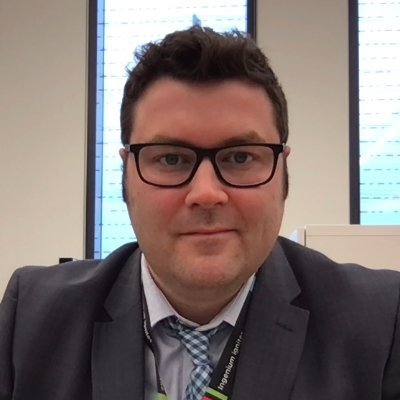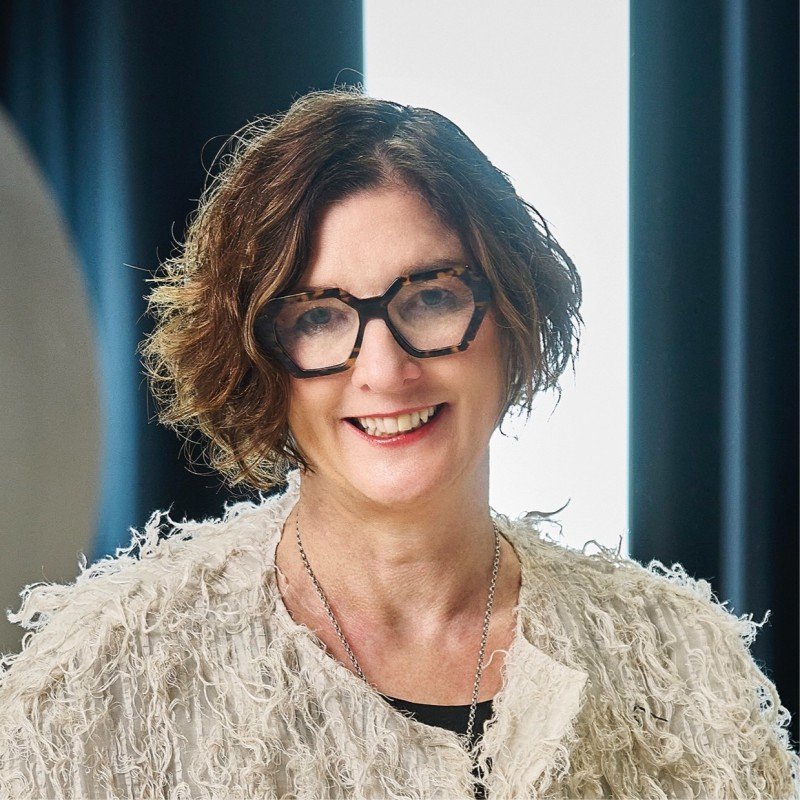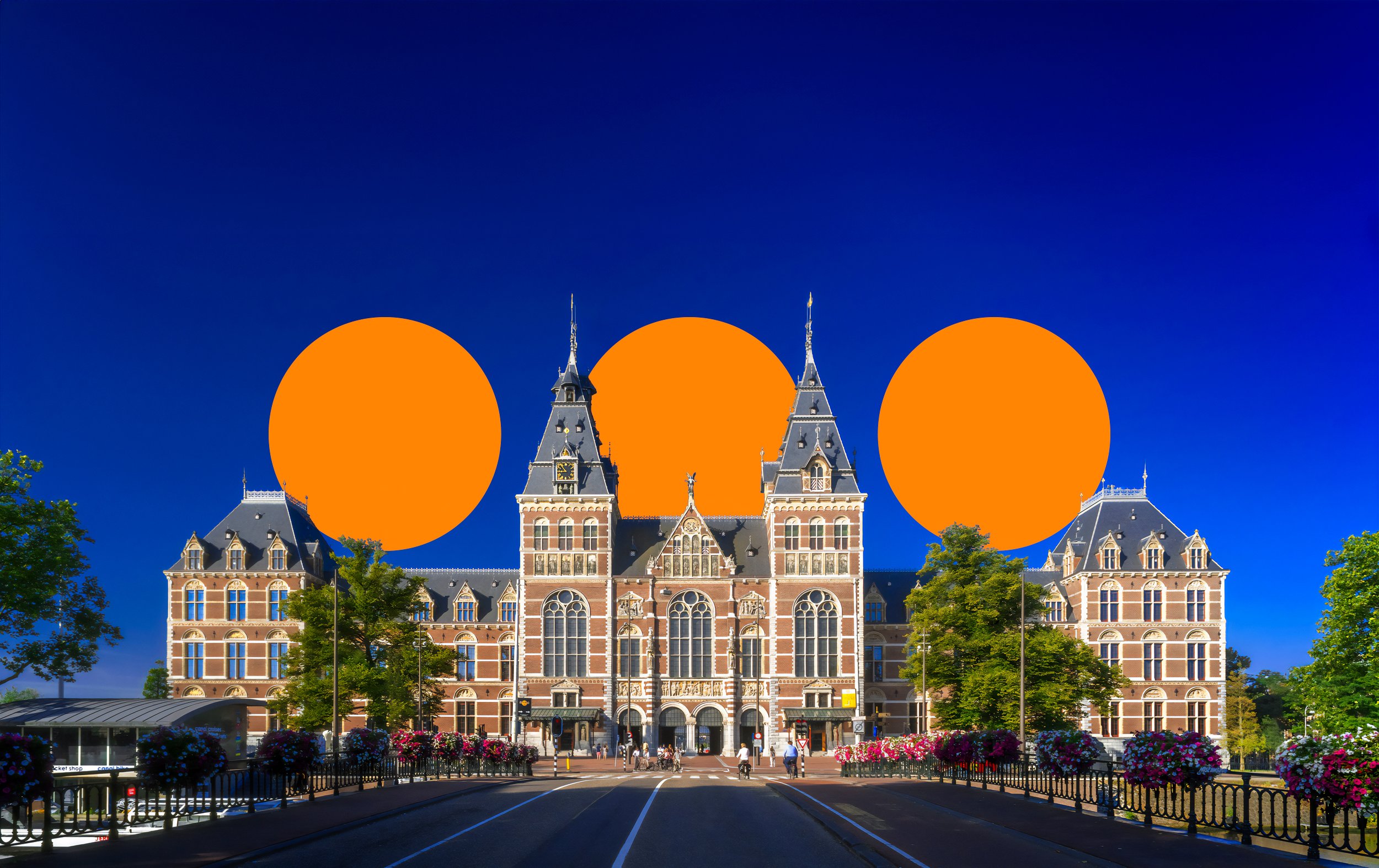
Day 3
Thurs 19 June
Voices of tomorrow: digital revolutionaries taking the stage
Isaac and Rebecca, Known as ‘The Jewish Bride’ - Rembrandt ca. 1665 - ca. 1669
Morning - 09:00 to 13:00
Program subject to change
Opening day 3
Voices rising: setting the tone for our day of future dialogue
🇫🇷 Corinne Estrada, Communicating the Arts • 🇺🇸 Ryan Dodge, Smithsonian Institution
-
As cultural institutions navigate an era of rapid change, how can we shape conversations that inspire action? This opening session sets the stage for a day of forward-thinking dialogue, exploring emerging trends, bold ideas, and the evolving role of arts in society. Join us as we amplify diverse voices and chart a path toward a more dynamic and impactful cultural future.
CONCURRENT SESSIONS
Your choice of 45 minute sessions with 2 consecutive presentations
Case Studies
Theme: Empowering youth through cultural participation
Mobile culture: empowering youth through museum outreach in rural India
🇮🇳 Vaidehi Savnal, Chhatrapati Shivaji Maharaj Vastu Sangrahalaya
-
Nearly 65% of India's population is under 35 years of age and are in an active phase of learning. As a country that is recognised globally for its rich and diverse culture, communicating to the youth, an inclusive and objective idea of history, is of prime importance to the CSMVS Museum. In an increasingly digital world where histories are understood, and impressions formed, often through popular media, CSMVS has pioneered outreach projects to bring tangible cultural experiences to people through its flagship Museum on Wheels and Trunk Museum projects. Reaching out to over 300,000 individuals in rural India annually, these projects offer opportunities for critical thinking, through mobile exhibitions, curatorial projects and immersive educational programmes.
Beyond boundaries: the Waterdrop young curators initiative
🇮🇸 Soffía Karlsdottir, Kópavogur Municipality • 🇮🇸 Ingibjörg Gréta Gísladóttir, The Waterdrop Project • 🇮🇸 Vigdís Másdóttir, The Waterdrop Project
-
The Waterdrop is a collaborative project initiated by Kópavogur Municipality, bringing together four cultural institutions from the Nordic and Baltic regions. At its heart, the project empowers children to become curators – designing exhibitions and leading creative workshops that blend the timeless themes of Nordic children’s literature with the United Nations Sustainable Development Goals.
This participatory model encourages young people to explore global challenges – such as gender equality, climate action, and social responsibility – through artistic expression and cultural heritage. Over its 3.5-year lifespan, The Waterdrop engaged nearly 5,000 children and received €450,000 in European cultural grants.
It stands as a testament to how creative agency, when placed in the hands of children, can bridge education, activism, and the arts.
Chaired by 🇳🇱 Annemies Broekgaarden, Rijksmuseum
Case Studies
Theme: Rethinking engagement through reconstituted identities
Trust as of driver of change: bonding and bridging with Indigenous Peoples
🇨🇦 Anne Eschapasse, McCord Stewart Museum
-
In this presentation, Anne Eschapasse examines how three decades of political and social change have reshaped relationships between museums and Indigenous communities in Canada. Drawing from metrics and benchmarks, she reveals how institutional transformations in Montreal’s McCord Stewart Museum's practices are impacting both Indigenous and non-Indigenous audiences. Through the presentation of several decolonization initiatives, Eschapasse demonstrates how cultural institutions can move beyond performative changes to create meaningful encounters and lasting partnerships for the preservation, interpretation, and promotion of Indigenous cultural heritage.
Pride & paintings: how queer events changed the way we look at ourselves
🇧🇪 Bart Ooghe, Museum of Fine Arts Ghent
-
In recent years, the Museum of Fine Arts Ghent has been experimenting with different kinds of take-over events. In this talk we’ll focus on the lessons learned from the most successful of these: the now annual queer nights curated by local drag collective House of Lux. These have positively influenced the museum’s reach, inner workings and image. However, they also give rise to new questions, such as on the boundaries between ‘museum’ and ‘event-space’, how to balance enthusiasm with a small team and limited funds, and how to convince colleagues that no, we aren’t being ‘too woke’.
Chaired by 🇦🇺 Fiona Allan
Morning Tea & Coffee - 10:30 to 11:00
Case Studies
Theme: Speaking the language of connection and co-creation
Listen Up! Young voice at the V&A: agency and empowerment
🇬🇧 Helen Charman, Young V&A
-
Co-working is a fundamental principle of V&A Learning, enacted across a four-fold approach comprising co-design, co-curation, co-production and co-programming. This presentation looks at co-working across the V&A London sites as a way to strengthen communication with young audiences from early years to early adulthood, in order that the museum be relevant, meaningful and responsive to their interests and needs. It asks, what established ways of communicating are challenged through co-working and how does this approach benefit both audience and organisation? Examples are mainly analogue, to counterbalance the emphasis on digital as a way to reach and engage young audiences.
From content storytelling to audience storyfeeling: create authentic stories that build emotional connections for impact
🇬🇧 Pigalle Tavakkoli, School of Experience Design
-
To stay relevant and sustainable, museums and cultural organisations must create content and experiences that truly engage new audiences—especially Gen Z. But how much do you really know your audience vs. who you think they are? Discover how to go beyond demographics into psychographics, and use the insights to craft compelling content that resonates authentically for lasting impact.
Pigalle Tavakkoli shares her innovative, proven methods how to transform complex content into emotionally charged stories which form audience connections and boost engagement.
Chaired by 🇬🇧 Andrew McIntyre, Morris Hargreaves McIntyre
Finale - 12:00 to 12:30
Joint Session
Reflecting together: collective insights from CTA Amsterdam
🇫🇷 Alexia Jacques-Casanova, Artizest
-
As the conference draws to a close, this interactive session invites participants to reflect on key learnings, share insights, and explore actionable takeaways. Together, we will distill the most impactful ideas, discuss future challenges, and envision new paths for meaningful change in the cultural sector.
Lunch - 12:30 to 13:30 (not included)
Afternoon - 14:00 to 18:00
14:00 to 17:00
Optional tours
Limited space available, round trip by private bus.
Choose 1 of 2:
tour of Fenix Museum in Rotterdam - Led by the Communication team.
or tour of Voorlinden Museum in Wassenaar - Led by Joop van Caldenborgh, chairman of the board of Museum Voorlinden, talking about the design and construction of the museum and showing highlights of the building and its collection.
Welcome at the estate, with coffee, tea, water, and a sweet treat in a private room or outdoor setting (weather permitting).
Guided walk to the museum and the Auditorium.
Lecture by Joop van Caldenborgh in the Auditorium.
Museum Highlights Tour, with guides in smaller groups (max 15 people per group).
Free time for guests to explore exhibitions, gardens, and surrounding dunes.
Evening - 18:30 to 20:30
Farewell Drinks at VOUW Studio
Location: VOUW Studio, 📍 Generaal Vetterstraat 57, Amsterdam
RSVP: To RSVP, register on the conference app.
As CTA Amsterdam wraps up, slip out of the Rijksmuseum and into VOUW’s stunning new studio for a relaxed evening of innovation, connection, and creativity, hosted by Director Justus Bruns. Let’s toast to an inspiring week together with drinks, bites, and conversation in a space where “drinks flow, tech slows, and conversation grows.”
✨ Be greeted by Bloomlight S – lamps that gently bow as you approach.
🪑 Settle into Chairwave – a kinetic bench that connects you with new friends.
📝 Step into the Poem Booth and co-create an AI-generated poem from your photo, in collaboration with local poets.




















